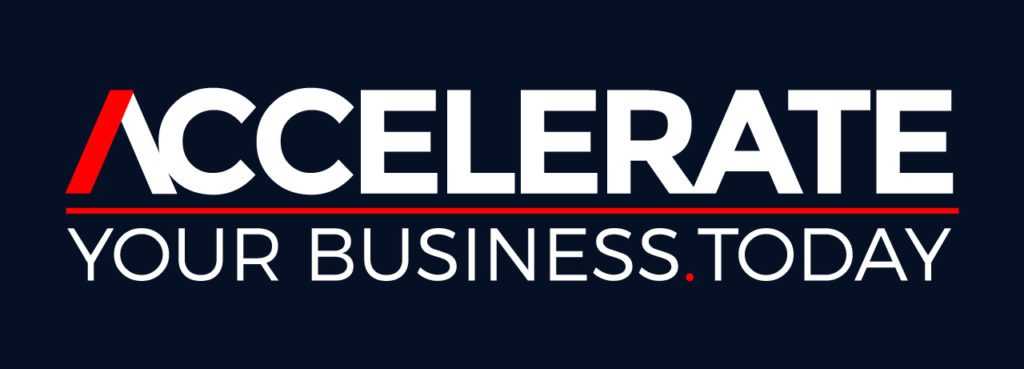Success is never guaranteed.
Startups and mature businesses can be gruelling- gaining faster growth – your checklist – of why they fail.
CB Insights is a business analytics platform with a global database that provides market intelligence on private companies and the traps for boards, founders and funders.
Now venture funding is plummeting – startup funding fell 23% quarter-over-quarter to only $108.5B in Q2’22 the lowest level in a decade.
Why do startups fail?
1) Business of Trust – you cannot be friends with someone you do not trust – equally, you will not buy from a business you do not know and trust first.
Opening new markets and startup businesses are vital to building trust with your ideal buyers first. It is a complex area for any new business.
2) Burn Rate
In the majority of startups that have folded since April 13 2022 – an inability to raise fresh capital – stakeholder and investor management is a core skill.
2) Pushing too hard.
Social myths – startup founders need to work so hard that they burn out and have health breakdowns. The delusion that you need to become sick first is wrong.
Leading businesses is hard work – former Zenefits CEO Parker Conrad said, “I think people are unprepared for how hard and awful it is going to be to start a company. I certainly was.
At DaWanda, stagnation in both growth and team led to the eventual closure.
Founder and CEO Claudia Helming shared this message on their website:
“In the last quarter of 2017, we reached profitability and have since been working to cover our costs. At the same time, we had to admit that our growth is stagnating and that we can hardly manage our own efforts to grow the number of sales on our platform to the desired extent – even our restructuring last year could not change this … Additionally, we haven’t managed to implement enough innovative new ideas over the past few years.
DaWanda is not insolvent. However, we have realised that the risk of no longer being able to keep up is simply too big.”
3) Culture
Discord with a co-founder, board and investors is a potentially fatal issue. When culture and performance become toxic, it can get ugly quickly, as evidenced in the case of Hubba.
Considered for most of the decade one of Canada’s hottest startups, Hubba hit choppy waves in 2018, as the company lost its chief technology officer and chief marketing officer in a three-month span, in addition to two rounds of layoffs which saw headcount reduced by almost half – growth never returned.
Diversity of skill sets is critical to the success of any business. Failure post-mortems often lamented businesses and failed to find experienced advisors.
4) Product fit
Sometimes, it all comes down to the product — a flawed product(s) – 8% of business failures result from poor products and services.
Timing can be everything – If you release your product too early, users may write it off as not good enough.
If you release your product too late, you may have missed your window of opportunity in the market.
5) Margin cost
Wrong assumptions about the cost of products and their sell prices – can be the end for many businesses. Often this is because they have not factored in how competitors will react to a new market entry.
The 2019 shutdown of genetic testing and scientific wellness startup Arivale came as a surprise to many partners and customers, but the reason behind the company’s failure was simple: the price of running the company was too high compared to the revenues it brought in:
6) Wrong business model
Most failed founders agree that the correct business model is the key to success – failing to find ways to make money at scale left investors hesitant and founders unable to capitalise on any traction gained.
7) Marketing lacked differentiation + segmentation
Obsessing about your competition is not healthy but ignoring them is a recipe for failure.
20% of startup failures – not differentiating and segmenting products and services from their competitors.
8) Could not get attention and engagement from their ideal buyers.
In an increasingly noisy world – not finding how to capture your ideal buyer’s attention and engagement with your business and its products is critical for success.
Increasing attention – maximises influence, revenue and market dominance.
ATTENTION is the most valuable asset today in the world.
The cost to acquire attention and growth is rapidly rising.
9 ) Ran out of cash
Money and time are finite. For startups running out of cash — tied with their inability to secure financing/investor interest — was the top reason startups cited for failure.
Now the most valuable asset in the world today is attention.
The FASTEST growing businesses have one thing in common they get more attention on multiple social media platforms – every day.
- They get more attention first
- Next More engagement
- Influence and Sell More.
ACCELERATE DELIVERS MORE – 100x more organic ATTENTION + ENGAGEMENT – FASTER to Influence and Sell more within 100 days on average.
Without
- paid advertising,
- lots of content generation,
- and without doing a lot of outreach #socialselling,
Get our quick-video case study of how we delivered 500x more attention in under 120 days – with real people.
ACCELERATE – provides a monthly subscription social media publishing + strategy service.
If you have read this far, thank you for your attention.
It means a lot. I hope this helped you even a little bit in better making sense of this topic. If so, please, share it with a friend who might also benefit from it.
Thanks for reading,
David
